What does the end of the student loan repayment pause mean for the housing market?
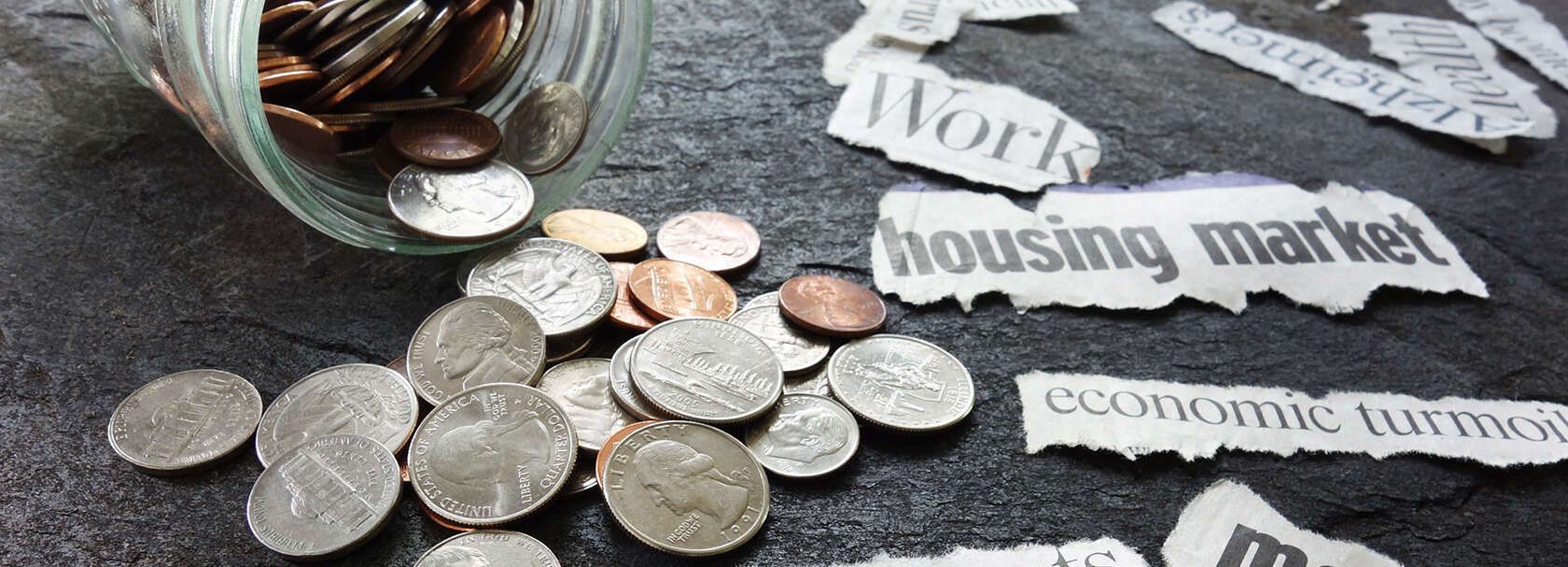
In the wake of the Coronavirus in 2020, The Coronavirus Aid, Relief and Economic Security (CARES) Act paused federal student loan payments. Which means for over three years, borrowers with federal student loans haven't had to worry about making student loan payments. However, that's coming to an end. Payments will resume in October 2023, so borrowers must budget to afford their payments if they haven't been already. This raises concerns for real estate experts about the connection between student loans and the housing market/housing affordability in the United States. With payments resuming, there could be a significant impact in the real estate industry.
How the Federal Student Loan Payment Pause Impacted the Real Estate Market
Immediately following the start of the pandemic - when the CARES Act went into effect and suspendend the repayment of federal student loans - many borrowers stopped making their payments altogether. According to the Federal Reserve, the typical minimum federal student loan payment is between $200-$300 per month.
With hundreds of additional dollars per month to allocate towards other expenses or goals without penalty, many people decided to persue their goal of homeownership.
What happens next?
Budgets are about to get tighter for borrowers with outstanding student loan debt. For the last three years, no interest accumulated toward their student loan debt. But after several extensions, the federal payment pause will come to an end this fall. Interest on Federal Student Loans is to start acruing in September 2023, and payments will resume in October 2023. The Supreme Court also ruled against President Biden's loan forgiveness plan, crushing the hopes of loan forgiveness for millions of borrowers.
Some borrowers may struggle to make their student loan payments
For some that purchased homes during the federal payment freeze, the restart of payments may be a shock. With hundreds of dollars needed to make the minimum student loan payment, homeowners' budgets may be stretched thin, putting them at risk of falling behind or entering student loan default.
Simply not paying the loans can seem like an easy answer, however, later on down the road, this could seriously change a borrowers ability to qualify for a home loan. If a borrower has goverment student loans and is unable to make the payments (or simply chooses not to pay them) and their loans default - the government will not issue another government loan to them. This includes loans such as FHA, DVA (Veteran's Affairs) or USDA.
Those that are renting may put off buying a home
According to the Minneapolis Area Realtors (MAR), the median priced home in Minnesota is $340,200. Between higher sales prices, higher mortgage interest rates, a higher cost of living and student loan payments resuming, many prospective home buyers may be priced out of the market. Those that are currently renting may choose to stay put and pay down their debt before taking the leap into homeownership.
How to combat student loan repayment and housing expenses
As you prepare for federal student loans to resume, you may be worried about the impact of student loans on the housing market and your dream of buying a house. If that's the case, these steps can help you balance your debt with your goal of homeownership.
Create a budget: and stick to it! Creating and living by your budget is vital to managing your money and juggling your financial goals.
Cut spending: Look for areas where you can trim your spending. Canceling subscriptions, getting a roommate, shopping around (especially major expenses like insurance, groceries, etc), clipping coupons, etc are all ways to reduce your expenses so you can more comfortably afford your student loan payments and boost your house fund.
Pick up a side hustle: Earning some extra money on the side can help you save for a down payment on a house AND pay off your debt faster.
Explore student loan repayment options: If your payments are too high, use the federal payment simulator to determine if you could reduce your payments by signing up for an alternative payment plan.
Consider refinancing: If you have high-interest or private student loans, refinancing your debt could help you secure a lower rate and reduce your monthly payments.
Categories
Recent Posts
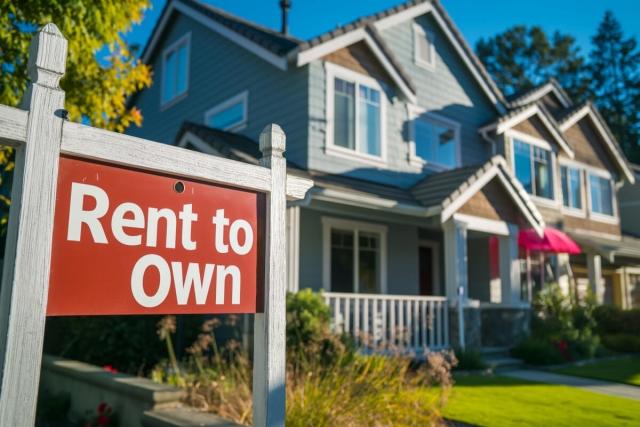


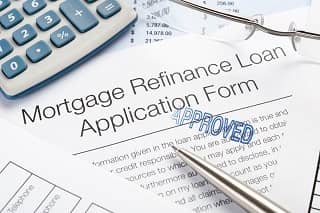


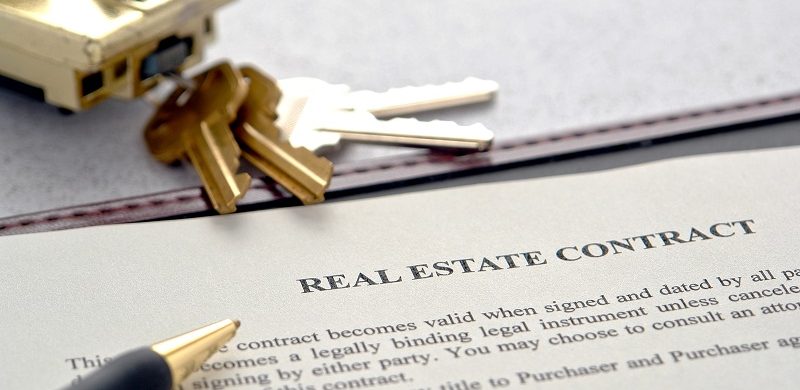

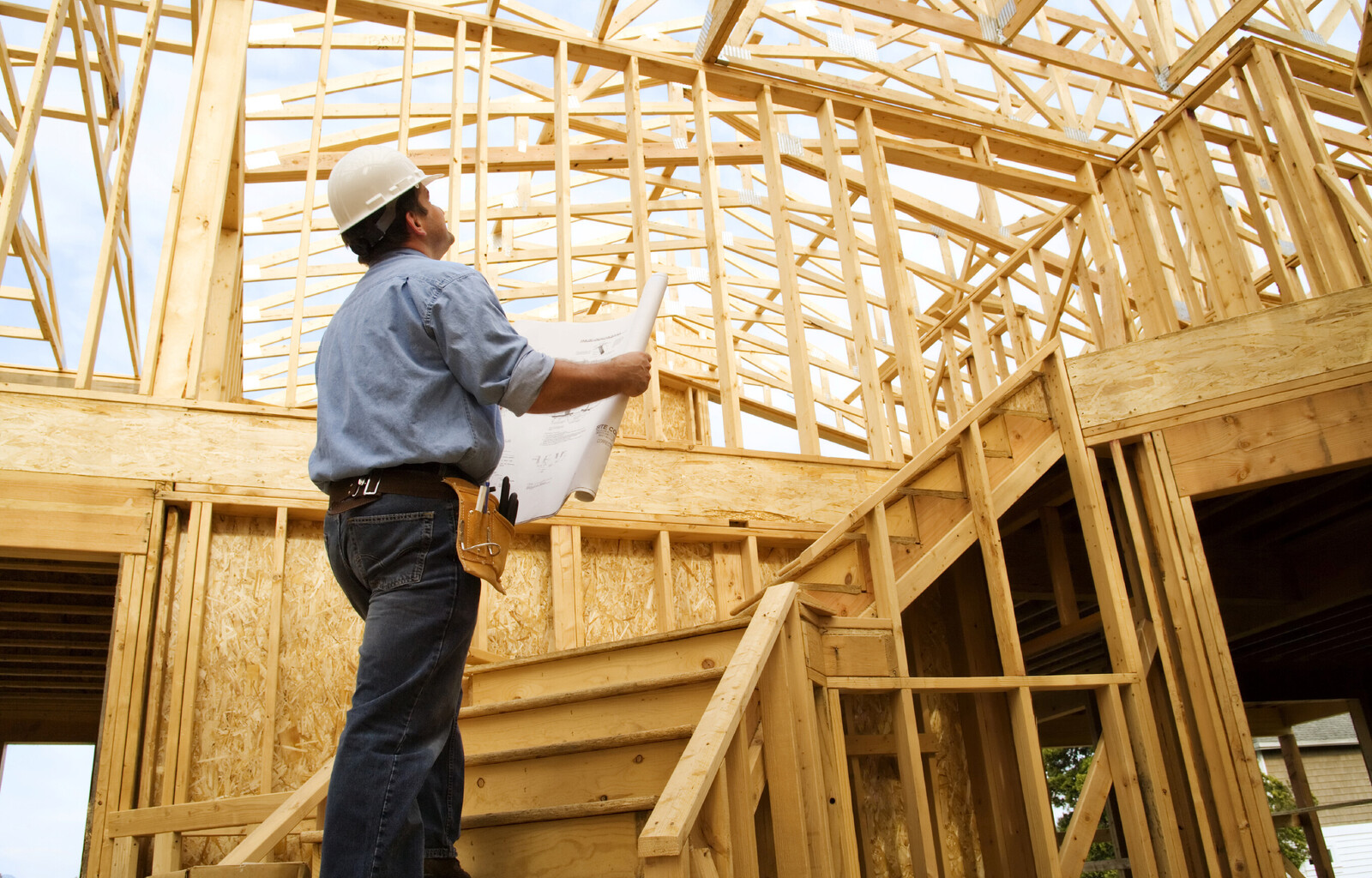

GET MORE INFORMATION

